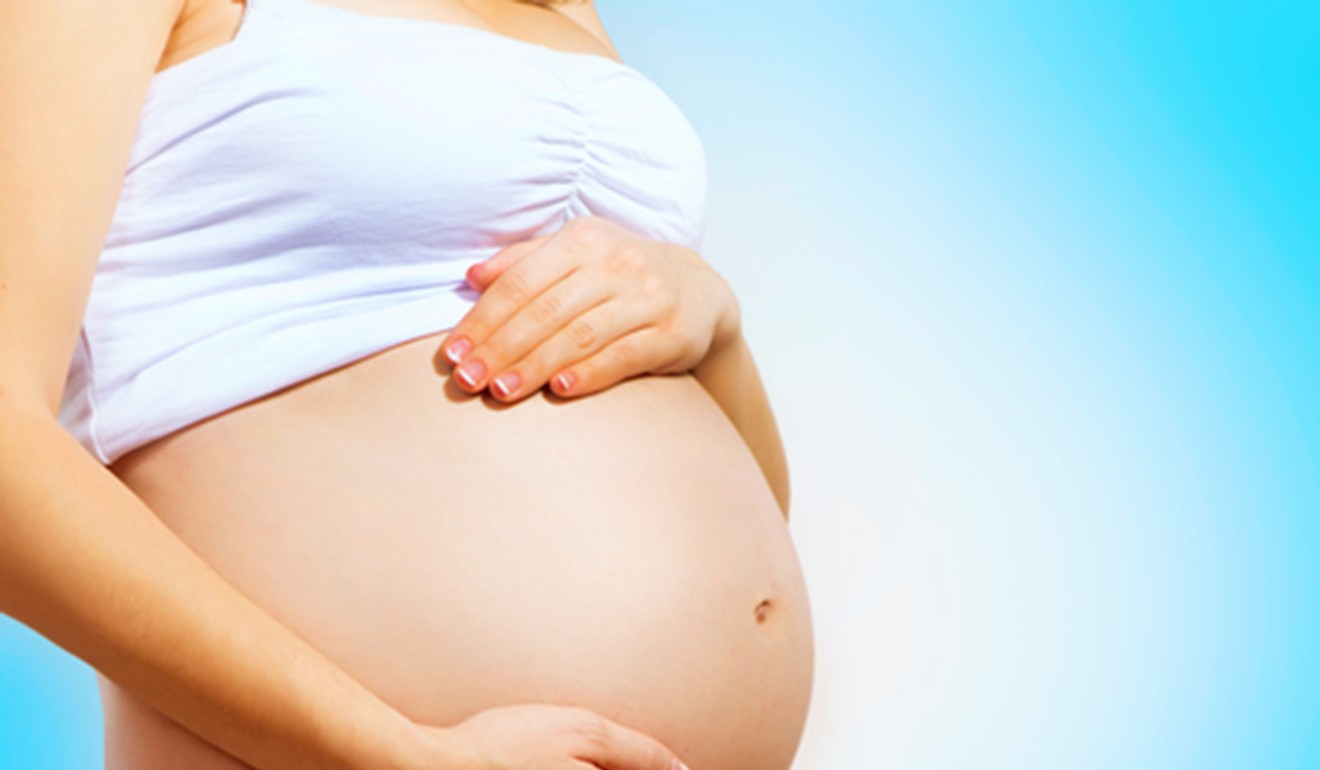
Pregnant women appear to increase risk of stillbirth by sleeping on their backs, study finds
Heavily pregnant women who sleep on their backs appear to have more than double the risk of stillbirth, according to new research
Pregnant women might increase their risk of a stillbirth if they sleep on their backs during their third trimester, a new study has found.
The research, published on Monday in the British Journal of Obstetrics and Gynecology, is the largest of its kind and the clearest evidence yet that sleeping conditions during pregnancy could have significant effects on the fetus.
Researchers compared sleeping practices among more than 1,000 women in the United Kingdom, 291 of whom had suffered a stillbirth in the third trimester, and 733 of whom had a live birth during the same period. The study found that women sleeping on their backs had 2.3 times the risk of stillbirth. The results add to earlier findings in recent years from smaller studies in New Zealand and Australia.

Another hypothesis raised by the researchers is that sleeping on your back can increase the possibility of impaired breathing.
The lead researcher, Alexander Heazelle, clinical director at Tommy’s Stillbirth Research Centre at St Mary’s Hospital in Manchester, said women should try to fall asleep on their side and not worry too much if they wake up on their back – because the position they fall asleep often is the position they will sleep longest in.
If heeded, the new findings could have a significant effect on stillbirth rates, the researchers say. Combining their data with birth statistics, they estimate that if pregnant women stopped sleeping on their back during the last trimester, it could decrease stillbirths in the UK by 3.7 per cent.
Stillbirths are a common problem in the United States. Stillbirths occur at roughly 3 in every 1,000 births (compared to United Kingdom’s 3.5 in every 1,000 births). And each year about 24,000 babies are stillborn in the United States, according to the Centers for Disease Control and Prevention.
The United States has lagged significantly behind other countries in reducing the rate of stillbirths in recent years, according to recent studies and CDC research.
Better medical technology and improvements to prenatal care have reduced the number of late-term stillbirths in the past few decades, but miscarriages earlier in pregnancy have remained roughly the same.
In England, the non-profit Tommy’s Stillbirth Research Centre has launched a campaign in response to the new findings to encourage pregnant women to sleep on their side. They included a these tips to help women in their sleep:
Put pillows behind you to prevent falling on your back. It won’t prevent you being on your back for certain but is likely to make it more uncomfortable;
If you wake up for any reason during the night, check your position and go back to sleep on your side;
If you are likely to nap during the day pay the same attention to sleep position during the day as you would during the night.

